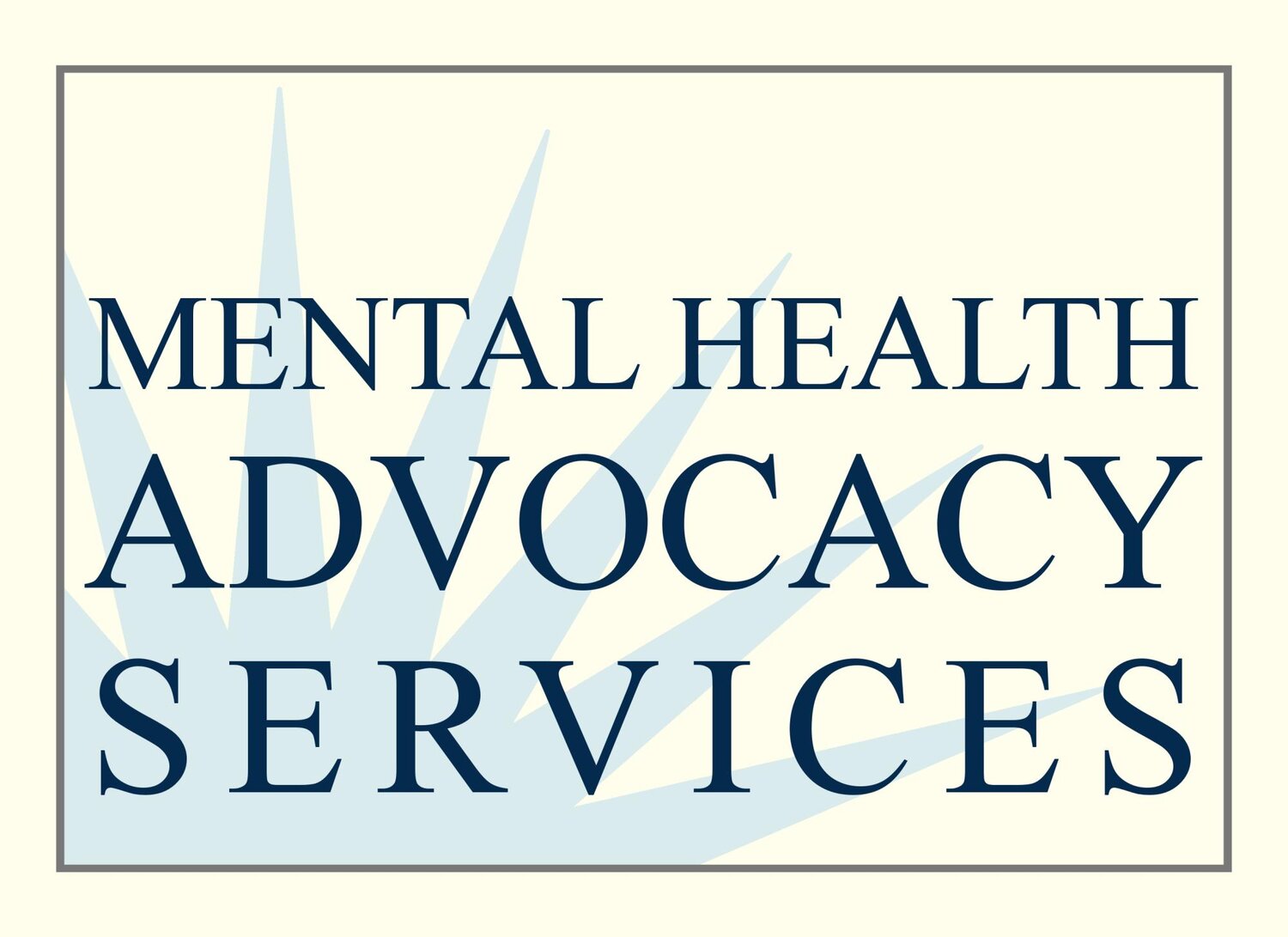A Clinical Perspective in Legal Practice by Bang Thi, USC Law Fellow
By Bang Thi, USC Law FellowI first heard of Mental Health Advocacy Services (MHAS) as an undergraduate when I took a mental health law course taught by Jim Preis, MHAS’ Executive Director. I remember the stories he told about how MHAS was able to support and empower clients using the law as a tool. When I had the opportunity to do a post-graduate fellowship, I sought out MHAS and now have a full-time USC Gould School of Law fellowship here. In a few short months, the experience has been challenging, but fulfilling, in terms of the expectations, accountability, and responsibility offering a variety of legal experiences including statutory research, drafting motions, and client intake. The monthly legal clinics have been particularly rewarding to me. The clinics allow me to connect the dots between legal research and how those cases and regulations I read affect people’s lives on a daily basis. For example, I had previously done Social Security Disability Income (SSDI) research. At the clinics, I have talked with several clients providing in-depth review on their treatment, work and case histories to give them strategies to strengthen their SSDI applications and how to prepare for appeal, if denied. It has been gratifying to see how helpful clients find the information and how it has the potential to empower them to be better advocates for themselves when working with their treatment professionals and case managers.
The monthly legal clinics have been particularly rewarding to me. The clinics allow me to connect the dots between legal research and how those cases and regulations I read affect people’s lives on a daily basis. For example, I had previously done Social Security Disability Income (SSDI) research. At the clinics, I have talked with several clients providing in-depth review on their treatment, work and case histories to give them strategies to strengthen their SSDI applications and how to prepare for appeal, if denied. It has been gratifying to see how helpful clients find the information and how it has the potential to empower them to be better advocates for themselves when working with their treatment professionals and case managers. Another noteworthy clinic experience involved a disabled, elderly woman who had received several eviction notices. She came to the clinic to get general information on what her rights were in light of her inability to find housing. After advising her of her fair housing rights, how to request a reasonable accommodation, and how to approach her landlord, she expressed sincere gratitude. It was evident that nobody had previously informed her of her rights and how the law could work for her in her particular situation. Again, the client left our clinic feeling empowered.In addition to how rewarding I find the clinic work, I know that my time at MHAS has advanced my professional development, enabling me to better parse out specific details and ask clients questions in ways that draw out needed information to better ascertain potential legal issues. As I take on more in-depth client representation, I can see how the skills I have learned thus far will result in better, more focused advocacy through which I hope to achieve the positive results so needed by our clients to achieve stability and independence.
Another noteworthy clinic experience involved a disabled, elderly woman who had received several eviction notices. She came to the clinic to get general information on what her rights were in light of her inability to find housing. After advising her of her fair housing rights, how to request a reasonable accommodation, and how to approach her landlord, she expressed sincere gratitude. It was evident that nobody had previously informed her of her rights and how the law could work for her in her particular situation. Again, the client left our clinic feeling empowered.In addition to how rewarding I find the clinic work, I know that my time at MHAS has advanced my professional development, enabling me to better parse out specific details and ask clients questions in ways that draw out needed information to better ascertain potential legal issues. As I take on more in-depth client representation, I can see how the skills I have learned thus far will result in better, more focused advocacy through which I hope to achieve the positive results so needed by our clients to achieve stability and independence.
